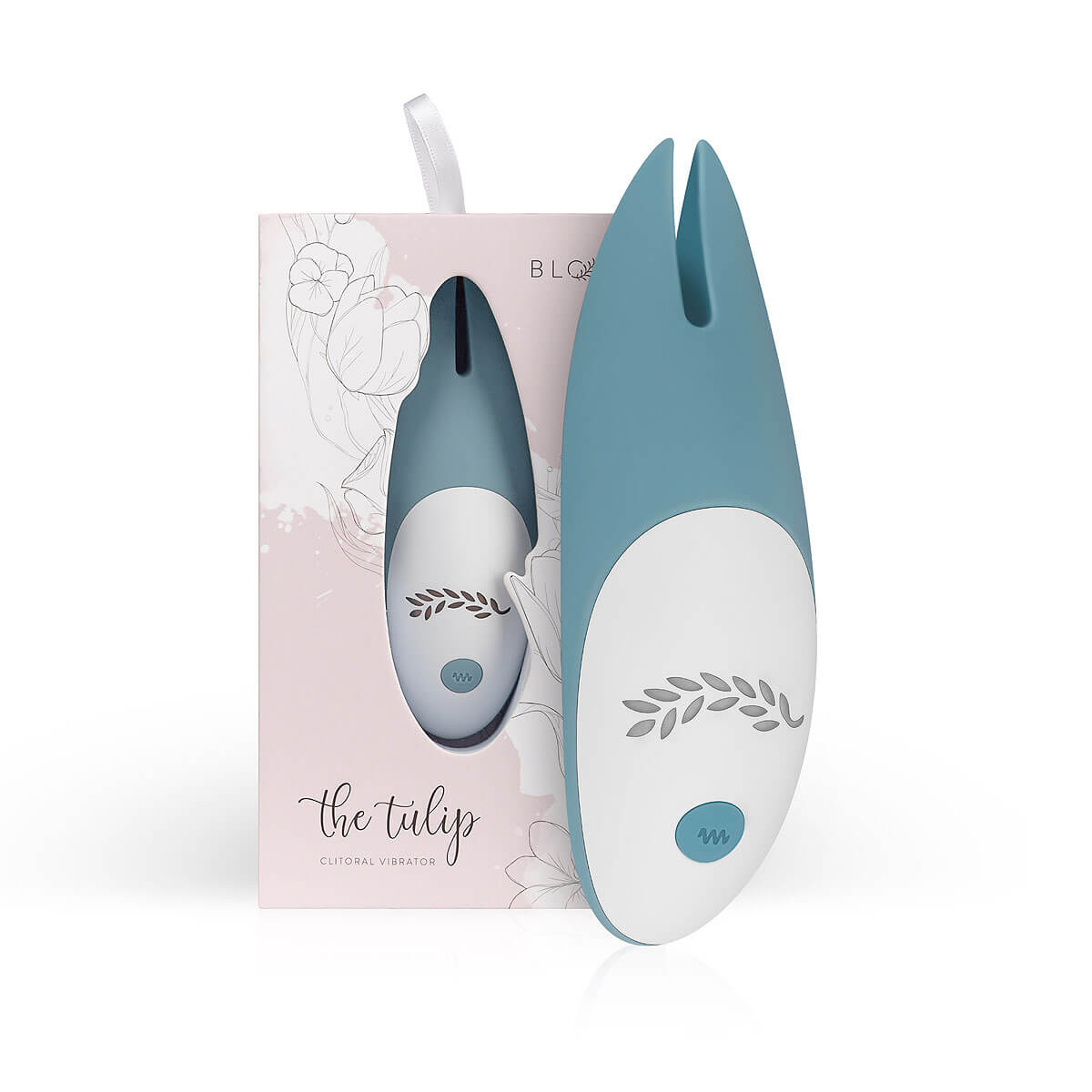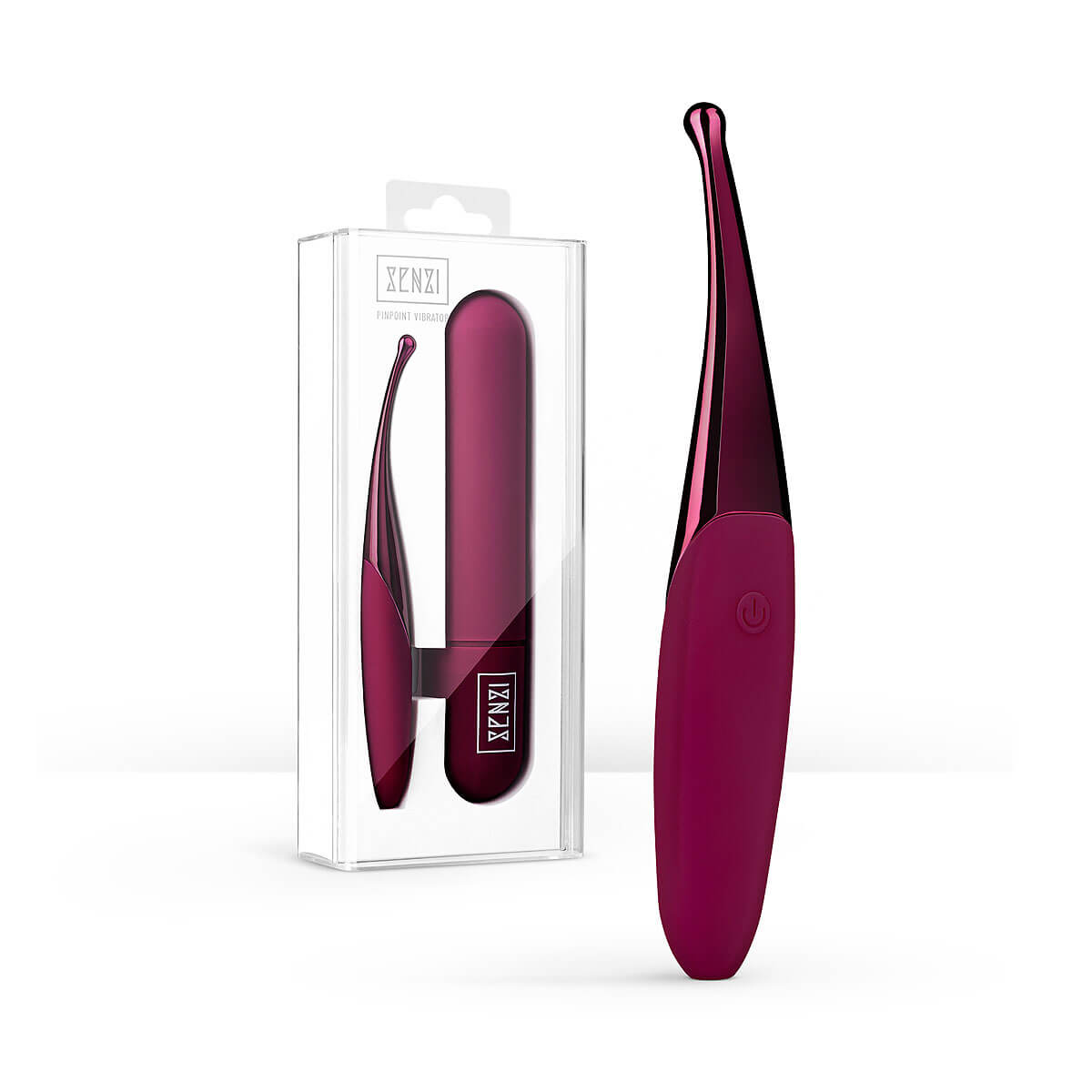
Mini Dlho Bullet Vibrátor, Dildo Vibrátor Av Stick Dospelých Sexuálnu Hračku, žena Análny Klitorálny Stimulátor G-bodu Masér > Sexuálne Hračky - Lafinestra.sk

Objednávky Čarovná Palička Vibrátor Sexuálne Hračky pre Ženy AV Vibrátor Realistické Dildo Erotické G-Spot Vibrátor Análne korálky Vibrátory Pre Lesbické / Sexuálne Hračky > www.dropit2you.sk
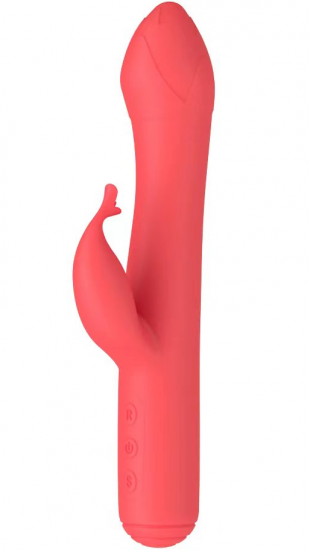
Vibrátor s výbežkom na klitoris Tulip | Vibrátory s výbežkom na klitoris | Erotické pomôcky - Spodná bielizeň pre dámy, pánov a deti.

Peter Arnold: Tulips, Obrazové knihy, Obrazové publikace, Cizojazyčné knihy, Slovart - knihy moderního člověka







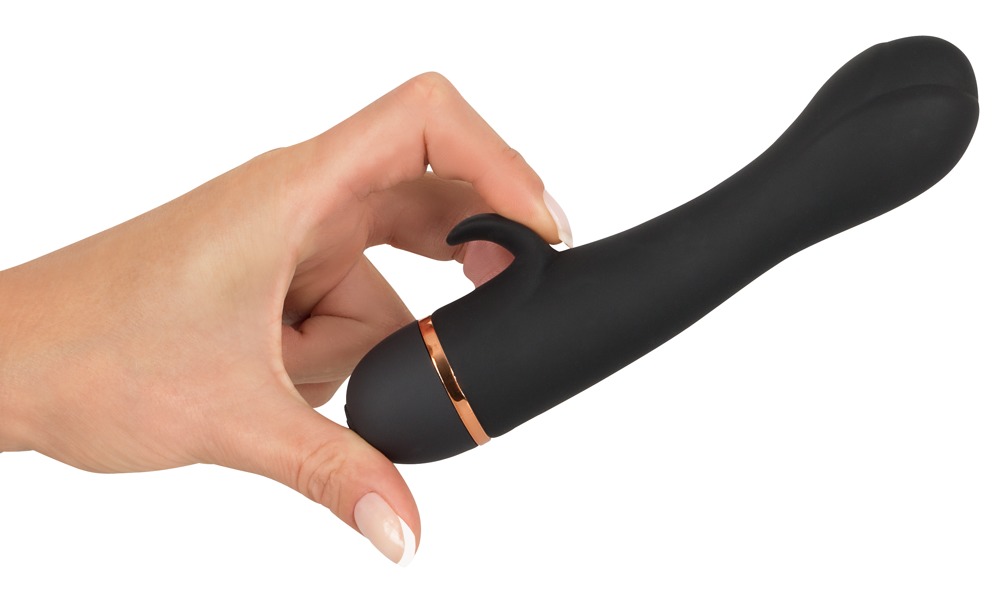


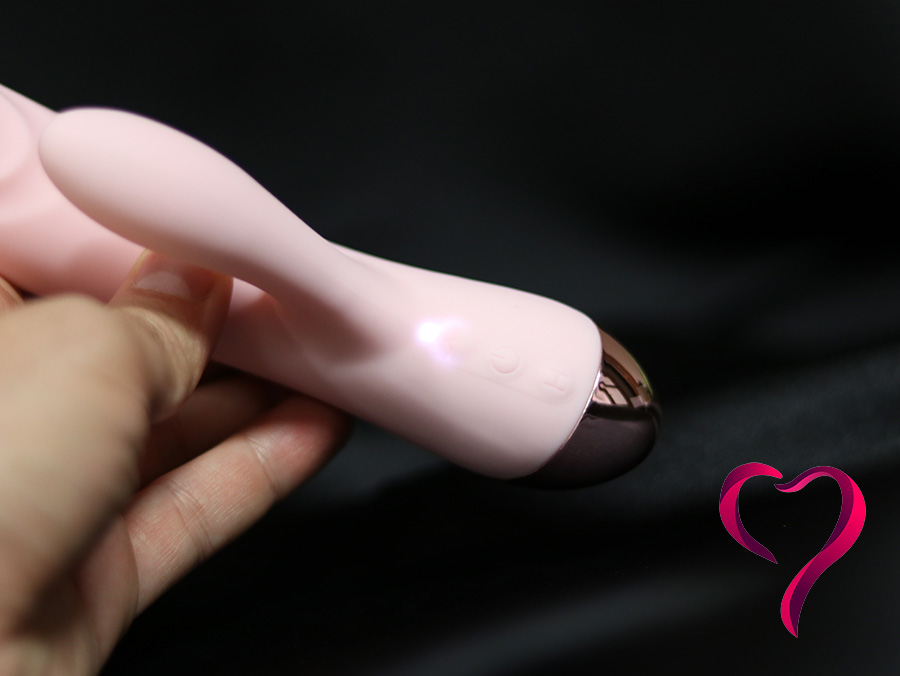

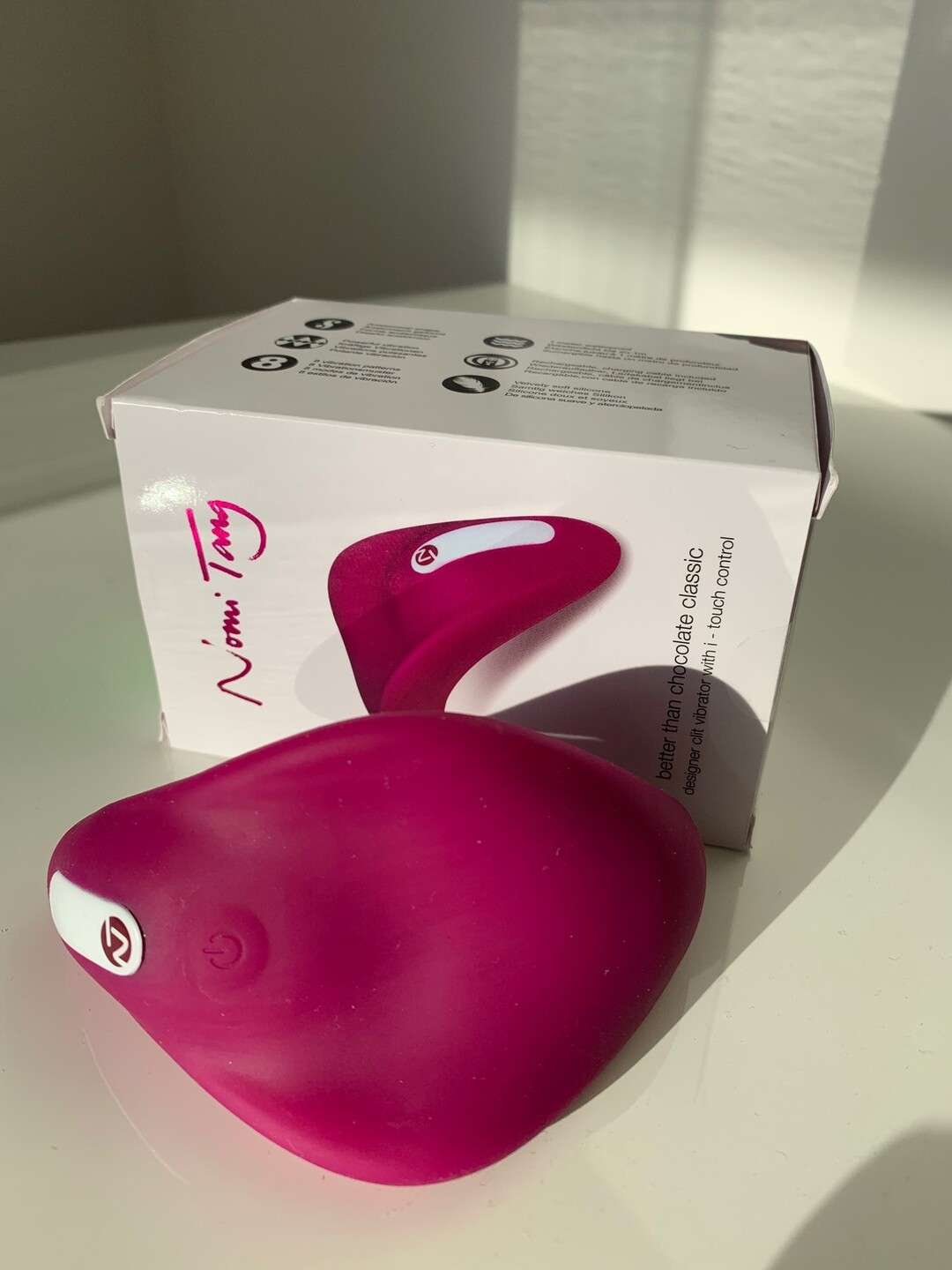


.jpg)
